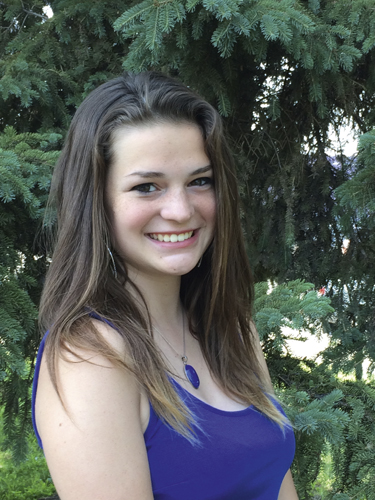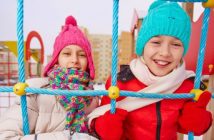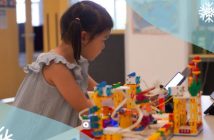
When it comes to choosing a school, nothing is more important than finding the right fit for your child. With so many schools in Beijing, having a good understanding of a school’s curriculum can help parents narrow down their choices. In this feature, we outline nine different types of curricula and chatted with Beijing parents and students about the strengths of each. From IB to homeschooling, we invite you to sit down and study up.
International Baccalaureate (IB)
The International Baccalaureate (IB) is a non-profit education foundation headquartered in Geneva, Switzerland. Founded in 1968, the IB is divided into three programs that can be applied individually or as a whole: the Primary Years Programme or PYP (ages 3-12), the Middle Years Programme or MYP (ages 11-16), and the Diploma Programme or IBDP (ages 16-19). Institutions that are authorized to offer one or more of these programs are known as "IB World Schools." According to the IB’s official website, there are over one million IB students in more than 140 countries around the world.
Who does it target?
As a whole, the IB’s programs target international students 3-19 years of age.
How is it applied?
All three of the IB’s programs require study across a broad range of subjects, emphasize language learning and interdisciplinary learning, and include a community service component. Each program has its own curriculum; the IBDP is probably the best-known. Over two years, students must take six courses drawn from the following subject groups: arts, experimental sciences, language acquisition, studies in language and literature, individuals and society, and mathematics and computer science.
Hallmarks of the IBDP include Theory of Knowledge (TOK), “Creativity, Service, and Action” (CAS), and the extended essay. TOK is a compulsory course that focuses on critical thinking and the nature of knowledge. CAS compels students to pursue activities outside the classroom. The extended essay is a 4,000-word paper designed to prepare students for undergraduate university work. IBDP students are graded on a scale from 1 to 7 (7 being the highest). They can also gain up to three extra points for their combined results on TOK and the extended essay, bringing the maximum total grade to 45 points. The IB Diploma is awarded to students who score least 24 points and satisfy their requirements in CAS. In general, about 80 percent of students obtain the diploma after taking the test; fewer than 1 percent achieve a perfect score.
Why should parents consider it?
The IB has a distinct focus on international education, making it one of the most natural choices for expat families in Beijing. The curriculum is rigorous, well-rounded, and global-minded. In addition, IB World Schools must undergo a rigorous authorization and evaluation process and IB teachers participate in a variety of professional development events.
How well does this education system prepare students for the real world?
The IB diploma is accepted by over 2,000 universities in 75 countries. In addition, students develop an international skill set with knowledge of a second language, critical thinking skills, an awareness of community service, and the ability to appreciate different cultures.
Spotlight: Beiijng City International School (BCIS)
Canadian Jenae Drisner has lived in Beijing for nine years. The Grade 11 student began studying the IB program four years ago.
What do you like about the IB program?
How much it can help people discover more about themselves, others, and the world we live in. I have gotten to learn more about myself since starting the MYP and am now a quarter of the way into the IBDP. Another thing I like is how my school has students from all over the world because it helps everyone grasp concepts about different cultures and customs better and makes learning more interesting.
What are the challenges?
School work, especially at this grade, takes up a lot of time. Since IB is such a demanding curriculum, people tend to think of it as really strict. At the beginning of this academic year, I was really nervous about the workload, stress, and potential lack of sleep because of what I heard from students in higher grades. But once I got into Grade 11, I realized that the workload isn’t that bad and that there are many great learning opportunities.
Highlight the most interesting project you have worked on this academic year.
For my personal project, I did my topic on cancer, which has been very impactful in my life with family members and friends. I created a DIY journal for teens whose lives have been impacted by cancer to help them go through the grief cycle. This was a very challenging project but totally worth it. Not only did I learn about the grief cycle and cancer, but also about myself. I have grown as an individual.
This article originally appeared in the 2015-2016 beijingkids School Choice Guide. Click here for your free online copy. To find out how you can obtain a hard copy, contact distribution@truerun.com.



